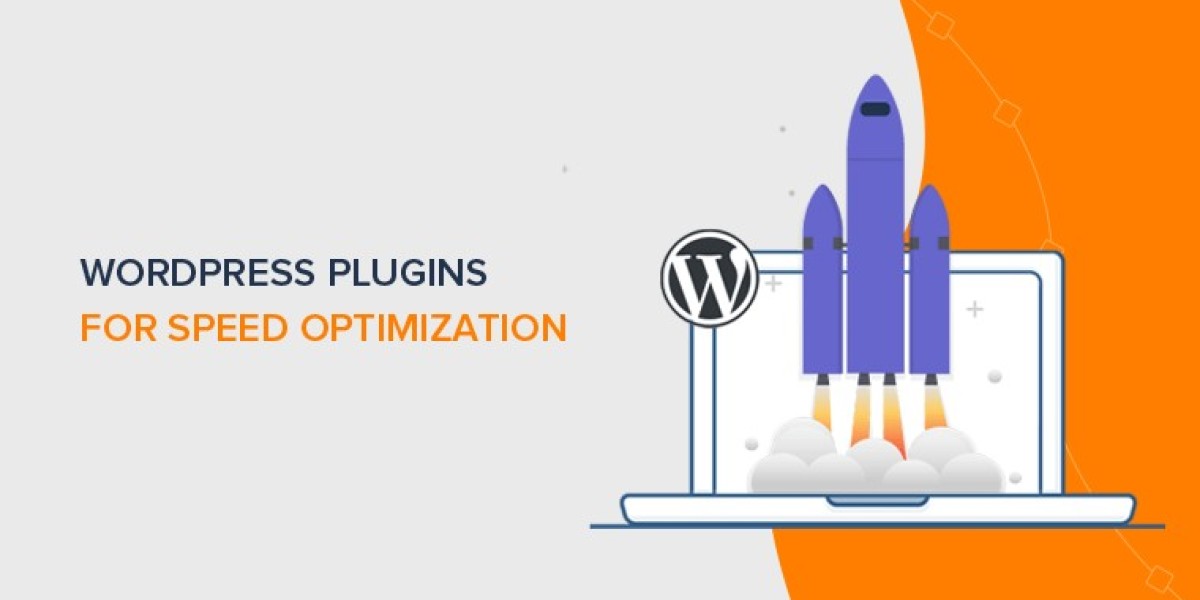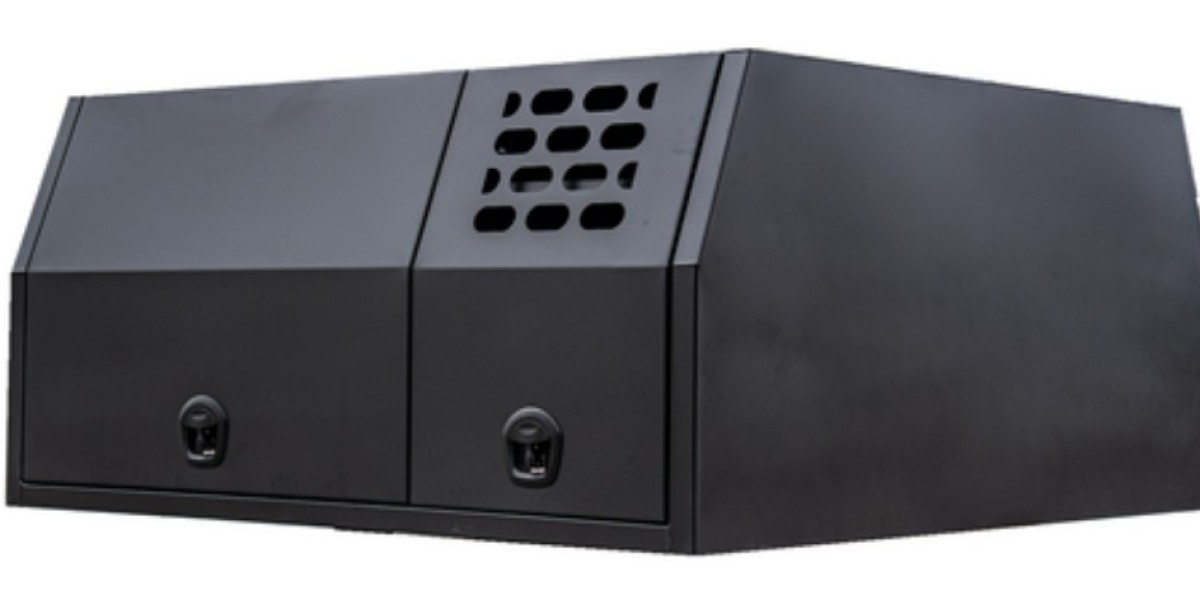Table of Contents
- Introduction
- What is a WordPress Optimization Plugin?
- Why WordPress Optimization is Crucial for Website Performance
- How Does a WordPress Optimization Plugin Work?
- The Key Features to Look for in a WordPress Optimization Plugin
- RocketPress: The WordPress Optimization Plugin for Fast and Reliable Websites
- Top WordPress Optimization Plugins for 2024
- 7.1. RocketPress Optimization Plugin
- 7.2. WP Rocket
- 7.3. W3 Total Cache
- 7.4. Autoptimize
- 7.5. Smush Image Compression and Optimization
- Choosing the Right WordPress Optimization Plugin for Your Site
- How to Set Up a WordPress Optimization Plugin
- Advanced WordPress Optimization Techniques
- Troubleshooting and Common Issues with WordPress Optimization Plugins
- Conclusion
1. Introduction
When it comes to creating a successful website, speed is essential. A slow-loading website not only frustrates visitors but also negatively impacts your SEO rankings. In fact, Google has made it clear that page speed is a ranking factor in search engine results. As the demand for faster and more efficient websites continues to grow, optimizing your WordPress site is more important than ever.
One of the most effective ways to enhance website speed and performance is by using a WordPress optimization plugin. These powerful plugins help streamline various aspects of your website, from caching and image optimization to database management and code minification.
In this comprehensive guide, we’ll explore how a WordPress optimization plugin can drastically improve your site’s speed, delve into the essential features you should look for, and highlight some of the best plugins available in 2024. Additionally, we’ll introduce you to RocketPress, an optimization plugin designed to give your WordPress site the boost it needs to stay competitive.
2. What is a WordPress Optimization Plugin?
A WordPress optimization plugin is a tool that helps improve the speed, performance, and overall efficiency of your WordPress website. These plugins tackle multiple performance-related aspects of your site, including caching, image compression, database cleanup, code minification, and lazy loading.
WordPress optimization plugins generally focus on reducing the page load time of your website, which improves user experience, reduces bounce rates, and boosts SEO rankings. Some of the common features provided by these plugins include:
- Caching: Storing a static version of your site to reduce server load.
- Image Optimization: Compressing and resizing images to reduce their file size without compromising quality.
- Minification: Removing unnecessary characters from CSS, JavaScript, and HTML files to make them smaller.
- Database Optimization: Cleaning up unused data, such as post revisions, drafts, and spam comments.
- Lazy Loading: Loading images only when they appear in the user’s viewport to reduce initial page load time.
With the right WordPress optimization plugin, you can ensure that your site loads quickly, even under heavy traffic, while also providing a seamless experience for your visitors.
3. Why WordPress Optimization is Crucial for Website Performance
In today’s digital world, speed is a critical factor for success. Websites that load quickly tend to have better user engagement, higher conversion rates, and improved SEO rankings. Let’s take a closer look at why WordPress optimization is crucial for your website’s performance.
a. Faster Loading Speeds Improve SEO
Google has explicitly stated that page load speed is a ranking factor in its search algorithms. A faster website is more likely to rank higher in search engine results, making it easier for users to find you. With a WordPress optimization plugin, you can improve your site’s loading speed and enhance its chances of ranking higher in search results.
b. Better User Experience
Visitors expect websites to load quickly. In fact, studies have shown that 47% of users will abandon a page if it takes more than 2 seconds to load. Slow websites lead to higher bounce rates, which not only affects user satisfaction but can also hurt your SEO rankings. Optimizing your WordPress site can significantly enhance the user experience by reducing load times and providing a smooth browsing experience.
c. Increased Conversion Rates
Site speed also plays a significant role in conversion rates. Whether you’re running an e-commerce store or a service-based website, slow load times can cause potential customers to abandon their shopping carts or leave your site without taking action. A fast website, on the other hand, fosters trust and encourages users to complete desired actions, such as making a purchase or filling out a contact form.
d. Mobile Optimization
With mobile traffic surpassing desktop traffic, optimizing your website for mobile devices is more critical than ever. A WordPress optimization plugin helps ensure that your site is mobile-friendly by reducing page load times and optimizing images and other elements for mobile devices.
4. How Does a WordPress Optimization Plugin Work?
A WordPress optimization plugin works by optimizing various aspects of your website to improve its speed and performance. Let’s break down the key processes that these plugins typically handle:
a. Caching
Caching is one of the most effective ways to speed up a WordPress website. When a user visits a webpage, the server usually processes dynamic content (e.g., PHP scripts, database queries) to generate the page. This process can be time-consuming. Caching plugins create static versions of the page that can be served to subsequent visitors, reducing server load and speeding up page load times.
b. Image Optimization
Images are often the largest files on a webpage, which can slow down loading times. WordPress optimization plugins can automatically compress and optimize images without losing quality. This significantly reduces their file size, making pages load faster.
c. Minification
Minification is the process of removing unnecessary characters, such as white spaces and comments, from CSS, JavaScript, and HTML files. This makes the files smaller and quicker to load. WordPress optimization plugins can automatically minify these files for you, improving your site’s load time.
d. Database Optimization
WordPress websites accumulate unnecessary data over time, such as post revisions, spam comments, and drafts. These excess files can bloat your database, slowing down your website. WordPress optimization plugins can clean up your database by removing this unnecessary data, improving performance.
e. Lazy Loading
Lazy loading delays the loading of non-essential content (like images and videos) until the user scrolls down to them. This technique reduces the initial page load time and ensures that only the content the user sees is loaded, improving overall performance.
5. The Key Features to Look for in a WordPress Optimization Plugin
Not all WordPress optimization plugins are created equal. When choosing a plugin, look for the following features:
- Caching: Look for a plugin that offers robust caching features, including page caching, browser caching, and object caching.
- Image Optimization: The ability to compress and resize images without sacrificing quality.
- Minification: Support for minifying CSS, JavaScript, and HTML files.
- Lazy Loading: Ensure the plugin includes lazy loading capabilities to speed up page loading.
- Database Optimization: The ability to clean up your WordPress database by removing unnecessary data.
- User-Friendliness: A simple, intuitive interface with easy-to-understand settings.
- Mobile Optimization: Optimization for mobile devices, ensuring fast load times on smartphones and tablets.
- CDN Integration: Integration with Content Delivery Networks (CDNs) to deliver content from the server closest to the user.
- Compatibility: The plugin should work seamlessly with your theme, other plugins, and your hosting environment.
6. RocketPress: The WordPress Optimization Plugin for Fast and Reliable Websites
Introducing RocketPress—a WordPress optimization plugin designed to enhance your site’s performance effortlessly. Whether you’re running a blog, an e-commerce store, or a corporate website, RocketPress can help you optimize your WordPress site and improve load times significantly.
Key Features of RocketPress:
- All-in-One Optimization: RocketPress combines multiple optimization techniques, including caching, image compression, database optimization, and code minification, into a single powerful plugin.
- Easy Setup: With its user-friendly interface, RocketPress can be set up in just a few clicks, even by users with little technical experience.
- Advanced Caching: RocketPress offers both server-side and browser caching, reducing server load and speeding up your site.
- Automatic Image Optimization: Automatically compresses and optimizes images as you upload them to your WordPress media library.
- Database Cleanup: RocketPress cleans up unnecessary data, including post revisions, drafts, and spam comments, to keep your database lean and fast.
- Mobile Optimization: Ensures that your site loads quickly on mobile devices, improving the user experience for your mobile visitors.
- Dedicated Support: RocketPress offers dedicated customer support to help with any optimization-related issues.
With RocketPress, you can be sure that your WordPress website will load faster, run more efficiently, and provide a better experience for your visitors.
7. Top WordPress Optimization
Plugins for 2024
In addition to RocketPress, there are several other top-notch WordPress optimization plugins that can help you enhance your site’s performance.
7.1. WP Rocket
WP Rocket is one of the most popular premium optimization plugins. It offers a wide range of features, including caching, image optimization, minification, and lazy loading. Its user-friendly interface and powerful capabilities make it a top choice for many WordPress site owners.
7.2. W3 Total Cache
W3 Total Cache is a free and feature-rich optimization plugin that offers advanced caching options, minification, and CDN integration. While it may be more complex to set up than other plugins, it offers extensive customization for advanced users.
7.3. Autoptimize
Autoptimize focuses on code optimization, including the minification of CSS, JavaScript, and HTML files. It is a lightweight plugin that can be used in combination with other caching plugins for added performance benefits.
7.4. Smush Image Compression and Optimization
Smush is an excellent image optimization plugin that automatically compresses images as you upload them. It also includes bulk image optimization and lazy loading features to improve site speed.
7.5. WP Fastest Cache
WP Fastest Cache is a simple and easy-to-use caching plugin that offers caching, minification, and GZIP compression. It is a great option for users who want a straightforward solution without too many complicated settings.
8. Choosing the Right WordPress Optimization Plugin for Your Site
When selecting a WordPress optimization plugin, consider the following:
- Website Needs: If image optimization is a priority, look for plugins that focus on image compression, like RocketPress or Smush. If you need full-scale optimization, WP Rocket or W3 Total Cache might be better options.
- Ease of Use: Some plugins, like RocketPress, are designed with beginners in mind and have easy-to-use interfaces.
- Compatibility: Ensure the plugin is compatible with your theme and other plugins.
- Budget: Free plugins like Autoptimize or W3 Total Cache can be great choices if you’re on a budget, but premium options like WP Rocket offer additional features and support.
9. How to Set Up a WordPress Optimization Plugin
Setting up a WordPress optimization plugin is usually a simple process. Here’s a general guide:
- Install the Plugin: Navigate to the “Plugins” section in your WordPress dashboard and click “Add New.” Search for your desired plugin and click “Install.”
- Activate the Plugin: Once installed, activate the plugin.
- Configure Settings: Most plugins come with an easy-to-follow setup wizard. Choose the optimization options you want to enable.
- Test Your Website: After activation, use tools like Google PageSpeed Insights or GTMetrix to measure your site’s performance and verify that the plugin has improved loading times.
10. Advanced WordPress Optimization Techniques
For more advanced optimization, consider the following techniques:
- Content Delivery Networks (CDNs): A CDN distributes your website’s content across multiple servers worldwide, ensuring that your site loads quickly regardless of the user’s location.
- Server-Side Caching: Implement server-side caching for dynamic content to reduce the load on your web server.
- PHP Optimization: Ensure that your website is running the latest version of PHP for optimal performance.
11. Troubleshooting and Common Issues with WordPress Optimization Plugins
Sometimes, you might encounter issues after installing a WordPress optimization plugin. Common problems include:
- Plugin Conflicts: Some plugins may conflict with one another, causing your website to malfunction. Ensure compatibility before installation.
- Broken Layouts: Minifying or combining CSS/JavaScript files can sometimes break page layouts. Use exclusion settings in the plugin to prevent this.
- Caching Issues: Cached pages may sometimes display outdated content. Clear your cache regularly to avoid this.
12. Conclusion
A WordPress optimization plugin is essential for any website owner who wants to enhance their site’s performance and speed. By optimizing various aspects of your WordPress site, including caching, image compression, and database cleanup, you can significantly improve user experience, SEO rankings, and conversion rates.
If you’re looking for an easy-to-use, powerful optimization plugin, look no further than RocketPress. With its robust set of features, including advanced caching, automatic image optimization, and mobile optimization, RocketPress is designed to help your website perform at its best.
By choosing the right WordPress optimization plugin and implementing best practices, you can unlock the full potential of your website and provide a lightning-fast experience for your visitors.








